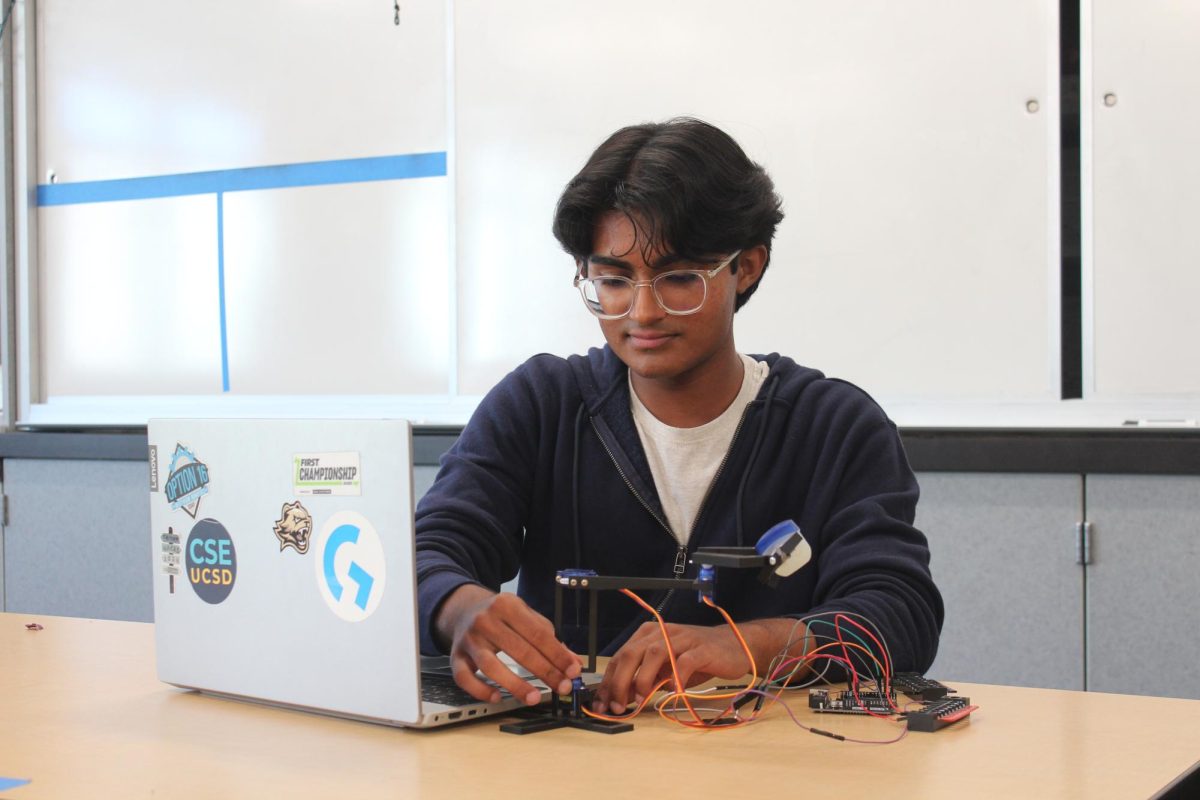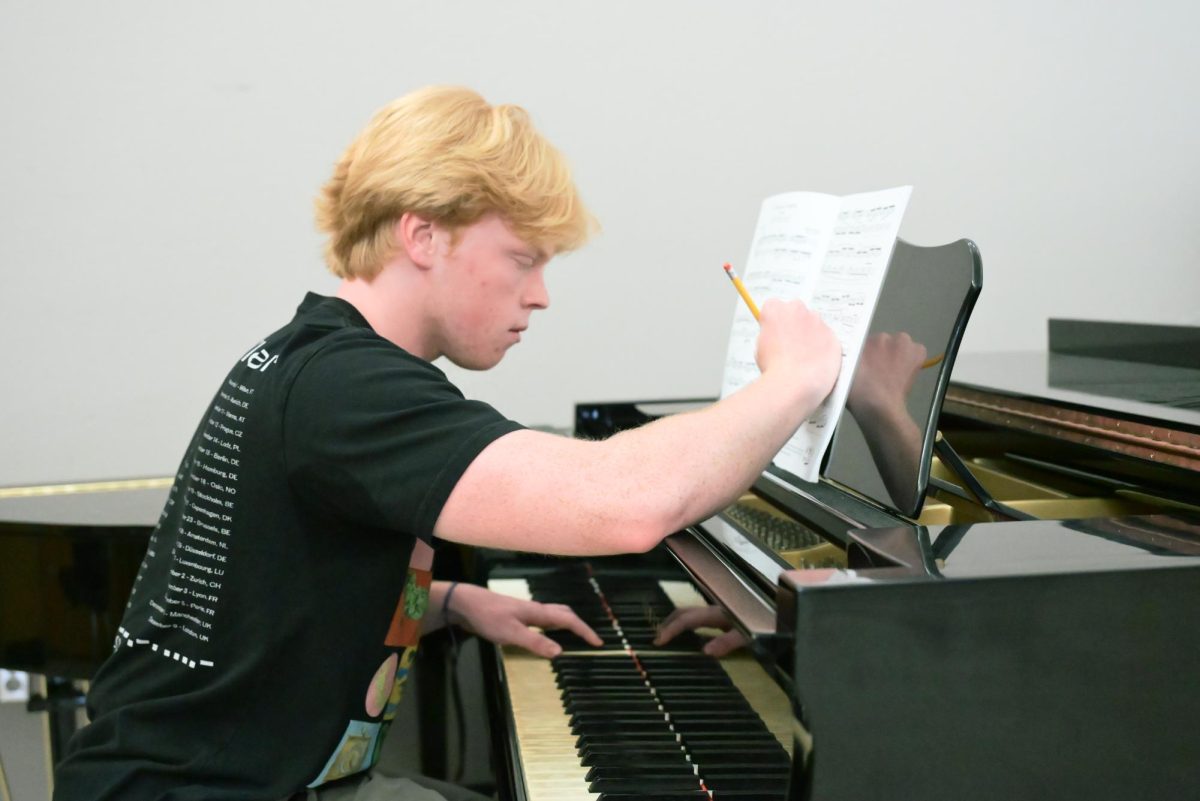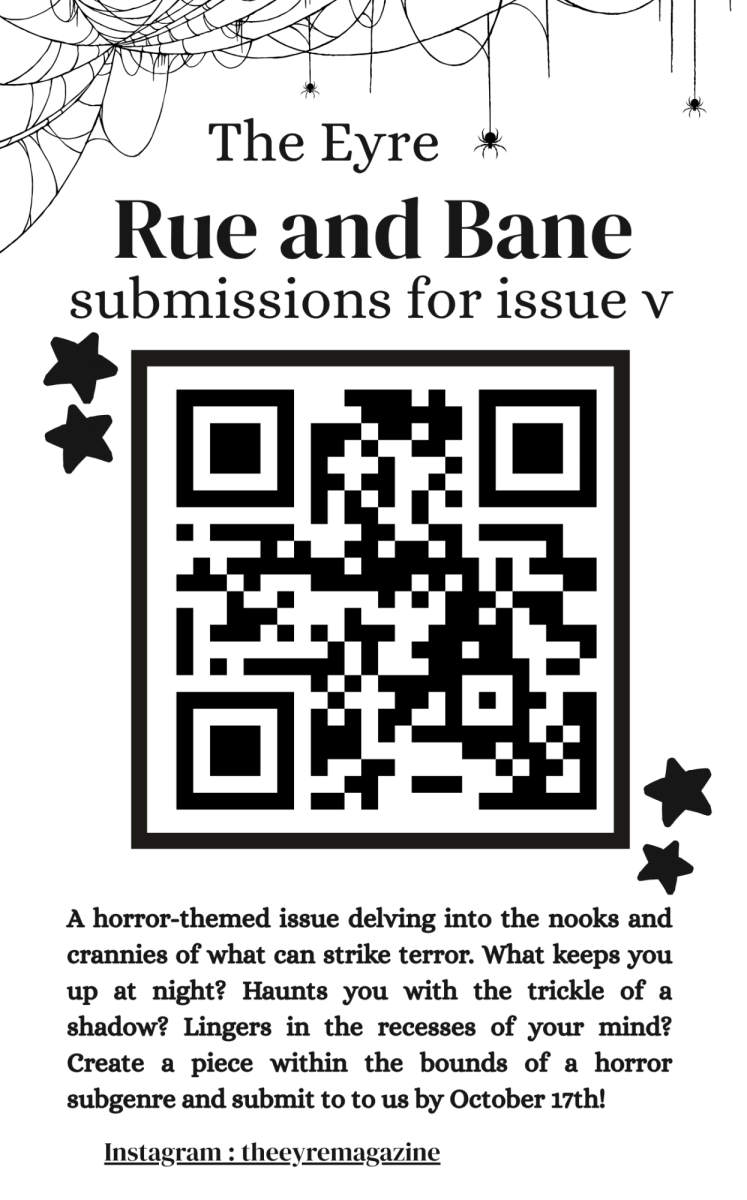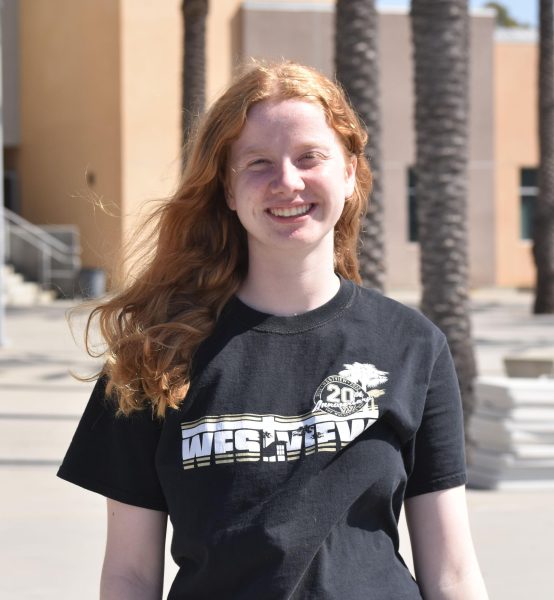David Jang (10) sat in the echoing hall of Sacramento’s Safe Credit Union Convention center along with 125 other high school musicians, each with their various instruments. It was Feb. 3, and they were trying to nail down a section of “Sound and Fury,” a musical piece by Anna Clyne before their recital the next day. Jang and the rest of the students were musicians chosen to be a part of the All-State Band: a prestigious performance group composed of the best musicians in the state, selected annually to perform. So, needless to say, their pieces had to be perfect.
However, given the large size of the hall and its uncarpeted floors –– which caused the sounds of both instruments and voices to echo –– their practice was proving to be difficult.
“Whenever the conductor tried to tell us something, the sound [of her voice] wouldn’t go anywhere, and we couldn’t hear anything,” Jang said.
Jang had flown to Sacramento only three days prior to the performance and had to learn all the group’s repertoire in that short period of time. For him, that time was enough.
The rehearsals lasted three to four hours, and happened three times per day, leaving little time for breaks. The students went to bed late and woke up early, usually at 6 a.m.. All the rehearsals took place in Hall A, a giant room in the convention center.
During that time, Jang’s ensemble practiced their three pieces: “The Bamboula,” “Sound and Fury,” and “The Romeo and Juliet Suite No. 2.” Jang plays the oboe and English horn, switching between instruments as the songs demand.
“Our first [two] songs had just oboe, but our last, The Romeo and Juliet Suite, had an English horn part,” Jang said.
Switching between two instruments in the middle of the performance added another element of difficulty to the recital for Jang.
“Oboe and English horn are both what you would call double-reeded instruments, which means we use this wooden reed that is sandwiched together,” Jang said. “The problem is that we need moisture to play on the reed, so we usually soak it in water before we play.”
Because Jang only used his English horn in the last song, the instrument would slowly dry out on its stand throughout the first two, affecting how difficult the reed was to play once Jang picked it back up.
Jang has experienced switching instruments like this many times before in Westview band; he was used to the quick turnover.
“[Which instrument I play] depends on the repertoire,” Jang said. “Sometimes I have to constantly switch, sometimes I stick to only oboe, and some pieces may not even have an English horn part.”
More than 3,000 people auditioned for the All-State band, including many from Westview. Students received the sheet music for auditions in August, practiced the pieces, and then submitted them in November through a recorded video of them playing the pieces. Results came out in December.
Jang had the help of his teacher, Sarah Skuster, to prepare the piece. Jang said that since the song, “Hindemith Oboe Sonata,” was not overly difficult technically, he tried to focus on the tone quality.
“My teacher was looking for a full but light sound that fit the character of the piece,” Jang said. “The biggest help for me was the recordings of professional oboists that my teacher sent me. Listening was the most powerful tool for preparing for the audition because, even though I had less than 30 minutes a day to practice, I had a clear vision of what I could do.”
All the musicians who made it through auditions were split up into different performance groups based on their skill levels and instruments. Jang made it into the Symphony Orchestra, the highest level that a high-schooler could reach. His success, he said, was a surprise, but a welcome one.
“I remember feeling confident in my audition, but I never thought I would get into that high of a level,” Jang said.
The culmination of all levels’ auditions and rehearsals was their recital Feb. 3-4. There, all levels played their pieces in front of hundreds of their fellow All-State peers and the general public.
“I actually didn’t feel much stage fright or nerves at all,” Jang said. “Even though I didn’t know most of the people [in the audience], they were all music lovers and just there to enjoy [the show]. There wasn’t a judge’s panel saying ‘this guy isn’t playing well’ or anything like that.”
After the performance, Jang left the stage with his folder between his teeth, his arms taken up by his two instruments. After three long days of work, he could finally relax.






